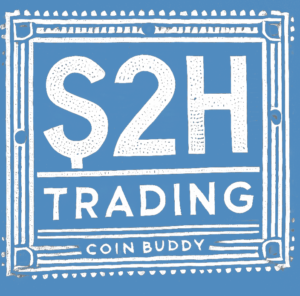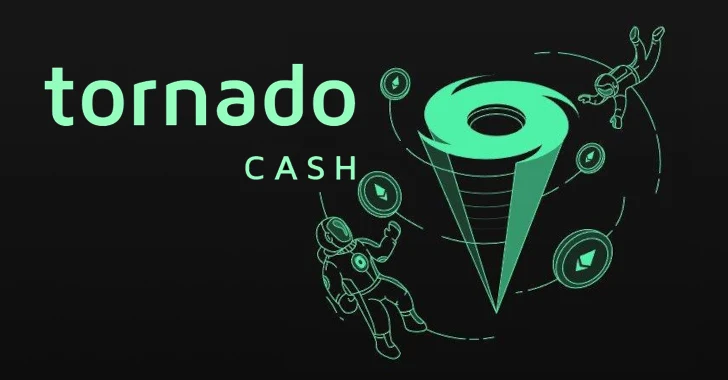Tornado Cash’s native token, TORN, surged 130%, trading at $17.74 after a U.S. appeals court overturned sanctions imposed by the Treasury’s Office of Foreign Assets Control (OFAC). This decision has boosted investor confidence and signals a potential turning point for the decentralized finance (DeFi) sector. Many predict TORN’s price could climb even higher.
Tornado Cash is a decentralized, non-custodial privacy solution built on the Ethereum blockchain, enabling users to obfuscate their cryptocurrency transactions. Its native governance token, TORN, plays a pivotal role in the platform’s ecosystem. This article delves into the intricacies of the TORN token, its historical context, recent legal developments, and future prospects.
Overview of TORN Token
Launched in February 2021, TORN is an ERC-20 token with a fixed total supply of 10 million tokens. The distribution is as follows:
- 5% (500,000 TORN): Airdropped to early users of Tornado Cash’s ETH pools.
- 10% (1,000,000 TORN): Allocated for anonymity mining, distributed linearly over one year.
- 30% (3,000,000 TORN): Reserved for founding developers and early supporters, unlocked linearly over three years with a one-year cliff.
- 55% (5,500,000 TORN): Allocated to the DAO treasury, unlocked linearly over five years with a three-month cliff.
As of January 2025, approximately 5.26 million TORN tokens are in circulation.
Historical Performance and Legal Challenges
TORN’s price trajectory has been significantly influenced by regulatory actions. In August 2022, the U.S. Treasury’s Office of Foreign Assets Control (OFAC) sanctioned Tornado Cash, alleging its involvement in laundering over $7 billion in virtual currency since its inception in 2019. This included $455 million linked to North Korea’s Lazarus Group.
The sanctions led to a substantial decline in TORN’s value, plummeting from its all-time high of $436.16 in February 2021 to as low as $1.29 by December 2023.
Recent Legal Developments and Market Response
A pivotal moment occurred in November 2024 when the U.S. Fifth Circuit Court of Appeals ruled that the Treasury Department overstepped its authority by sanctioning Tornado Cash’s immutable smart contracts. The court determined that these contracts could not be considered “property” under the International Emergency Economic Powers Act (IEEPA), thereby exempting them from such sanctions.
This legal victory had an immediate and profound impact on TORN’s market performance. The token’s price surged by over 380%, briefly reaching nearly $35 before stabilizing around $17.17.
Future Prospects and Considerations
The court’s decision not only lifted the sanctions but also set a precedent regarding the treatment of decentralized technologies under existing legal frameworks. This outcome has broader implications for the cryptocurrency industry, particularly concerning the balance between regulatory oversight and technological innovation.
Despite the favorable ruling, challenges remain. The Treasury Department may seek to appeal the decision, and other components of Tornado Cash’s operations could still face legal scrutiny, especially in areas related to anti-money laundering and counter-terrorism financing.
Moreover, the broader debate over how to regulate decentralized technologies remains unresolved. Privacy advocates argue that targeting the tools rather than the actors undermines the principles of decentralization and privacy. However, critics contend that such platforms can be exploited by malicious actors, necessitating regulatory oversight.
Conclusion
The TORN token’s journey reflects the dynamic interplay between technological innovation and regulatory frameworks. While recent legal victories have provided a boost to its value and legitimacy, the path forward will require navigating ongoing legal challenges and adapting to the evolving regulatory landscape.







